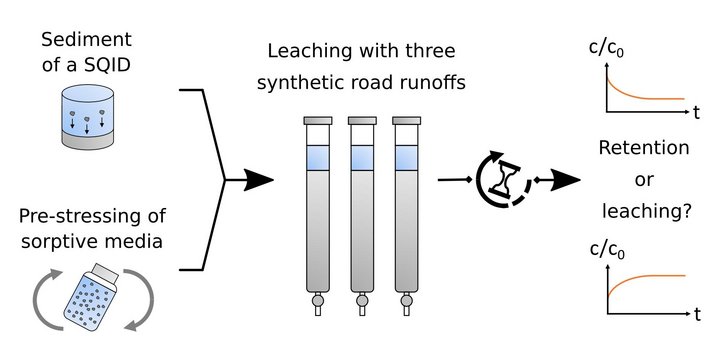Batch trials for co-digestion of raw sludge and food waste using eleven different mass-based mixtures were performed ranging from 5% to 30%. In contrast to conducting digestion trials as replicates in parallel as commonly done in previous studies, replications were performed successively in each trial to capture the variability in yield caused by a changing composition of the substrates. Trials were conducted four times with the same mixture ratios, but always using a fresh charge of inoculum, raw sludge and food waste. Data fitting was applied to assess the effect of the different mixtures on both the ultimate methane yield and the hydrolysis rate constant. The results revealed that with increasing contributions of food waste, the methane yield of the mixtures increased just due to its higher methane potential. The hydrolysis rate constant in the mixtures with a low contribution of food waste (up to 12.5% mass-based or 35% based on volatile solids) derived in batch experiments were higher than the one observed during the mono-digestion. Hence, co-digestion of food waste holds promise not only due to a higher methane yield, but in particular due to the accelerated methane production rate.
Skip to content
Menu
- de
- en
Google Custom Search
Wir verwenden Google für unsere Suche. Mit Klick auf „Suche aktivieren“ aktivieren Sie das Suchfeld und akzeptieren die Nutzungsbedingungen.
